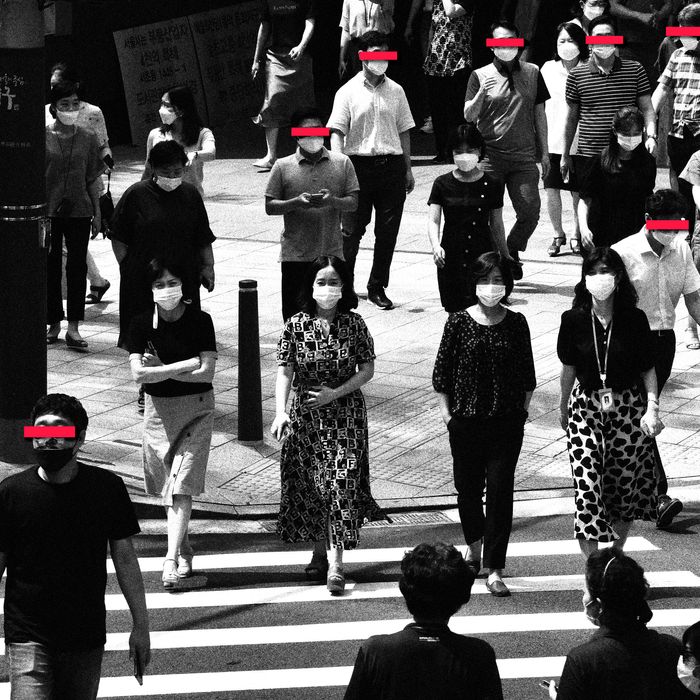The women of South Korea’s 4B movement aren’t fighting the patriarchy — they’re leaving it behind entirely.
By
Photo-Illustration: The Cut; Photos: Getty

Photo-Illustration: The Cut; Photos: Getty

Photo-Illustration: The Cut; Photos: Getty
This story, about women in South Korea who identify as part of the 4B movement, was originally published on March 8, 2023. In the days following the election of former president Donald Trump, interest in the movement has spiked dramatically. This article was featured in One Great Story, New York’s reading recommendation newsletter.
Sign up here to get it nightly.
Youngmi’s childhood was a difficult one. The 25-year-old nurse was born to a poor family in Daegu, South Korea, known for being one of the most conservative cities in the country. Youngmi’s mom left the home when Youngmi was young to escape her husband’s physical abuse, leaving her and her sister behind with him and their paternal grandmother. When she was 5, her 8-year-old sister started losing her hair from stress.
As she grew older, Youngmi found herself depressed, unsure of what her future held, and financially unstable. In Korea’s patriarchal society — in which women are generally expected to defer to their fathers and to adhere to rigid beauty standards — she felt like a perpetual victim, obsessed by the wrongs done to her by her father and pressured into maintaining her appearance in order to please men. Despite her meager budget as a nursing student, she purchased new clothes each season, spending a lot of money on cheap, poor-quality clothes from H&M. She wore makeup religiously. “I could not go outside without any makeup. I felt ashamed of my face,” she said. “I had this pressure of wanting to look beautiful and wanting to be desirable, physically or sexually.”
It is unclear how widespread or popular the 4B movement is given its fluid online and offline nature and its evolution over the years, beginning sometime around 2015 or 2016 when a simple “no-marriage” lifestyle grew to include a boycott of men and reproductive labor more broadly. One article estimated 50,000 adherents; others have put the movement’s numbers at under 5,000. Its origin story is similarly complex, though its contours can be traced.
The blowback and fear that 4B practitioners experience underscores their conviction that Korea is still a frightening place for women. Yeowon’s photo was posted on an Ilbe site after participating in a feminist protest, and she was harassed and sexually threatened online for weeks. Youngmi said men have tried to physically attack her on the street three or four times. She recalled an episode when she and some friends, who all had cropped haircuts, were dining at a Japanese restaurant in Daegu. Throughout the night, the restaurant owner and his friends made gagging and puking noises and gestures at them. When Minji and I met at a coffee shop near the city’s central train station, she told me she was worried that someone in the café might post a photo of her online because she had short hair and was speaking openly about feminism. Others I spoke with insisted on using pseudonyms for safety reasons.
Reporting for this story was supported by the Pulitzer Center.